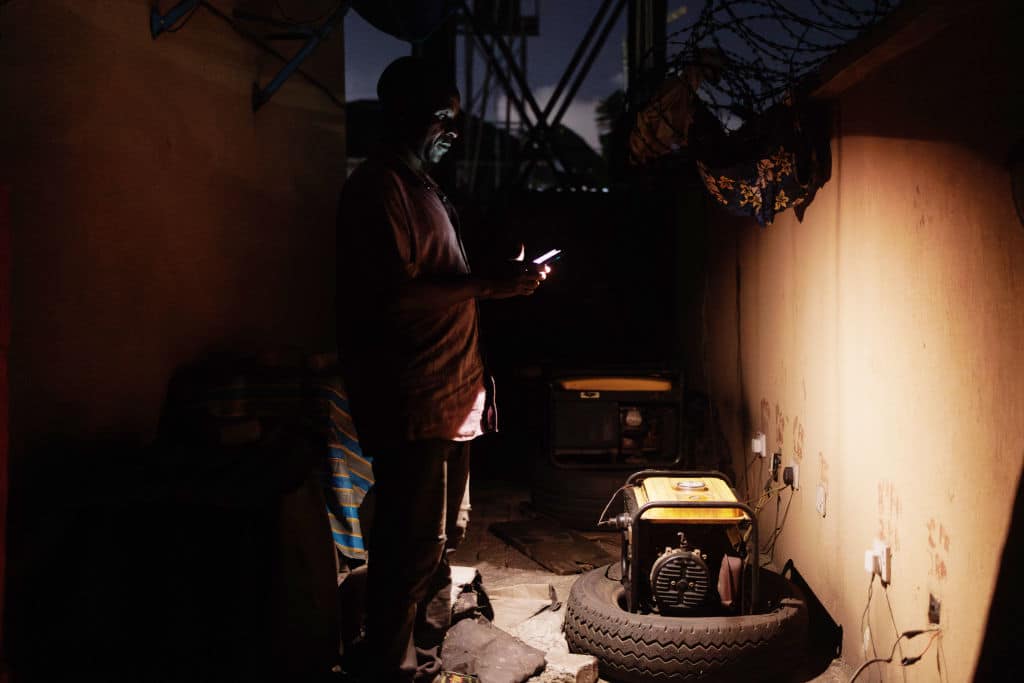With financing partners on board, Nigeria is transforming its energy landscape, tackling a longstanding crisis that has deprived approximately 40% of its population – 85 million people – of access to electricity, a vital driver of economic growth and development.
This aligns with the new World Bank and African Development Bank Group’s (AfDB) ambition to provide 300 million people in Africa with electricity access by 2030.
In August, World Bank President Ajay Banga visited Nigeria to support the country’s energy development as the institution aims to partner with the Nigerian government and private sector to fund the construction of 1,000 mini solar power grids. Already, the World Bank’s $350 million support for the Nigeria Electrification Project (NEP) has deployed a 60 kilowatt-peak (kWp) solar mini-grid in Petti Village, Abuja, bringing sustainable energy to the agrarian community in the Federal Capital Territory (FCT).
In November, the government partnered with Sun Africa LLC, a United States-based renewable energy solutions provider, to launch a $2.2 billion initiative, aiming to deliver 961 megawatts peak (MWp) of solar photovoltaic (PV) generation infrastructure and 455 megawatt-hours (MWh) of battery energy storage systems.
“Nigeria is leading all of Africa in bringing distributed renewable energy to communities that have not yet benefited from low-cost, affordable, and reliable electricity access,” Rajiv Shah, President of the Rockefeller Foundation, shared with FORBES AFRICA in the country’s commercial capital, Lagos, during a recent three-day visit.
Loading...
At a time when Nigeria’s unemployment rate is rising and an estimated 3.5 million people are joining the workforce every year, Shah considers the success of the initiatives supported by his foundation and the Global Energy Alliance for People and Planet (GEAPP) to be “perhaps one of the highest priorities for Africa as a continent”.
He stresses that access to electricity is a vital precursor to creating jobs, livelihoods, and opportunities, pointing to the example of an interconnected mini-grid site in the Toto community of Nasarawa State, northern Nigeria. This community had been plagued by darkness for a decade, but now thrives with reliable power, a feat he describes as “an extraordinary accomplishment”.
As African countries experience debt distress, he believes that successful electrification programs can reverse this trend, reigniting inclusive development and advancing progress toward the United Nations’ Sustainable Development Goals (SDGs).
“It takes all of us working together to support bringing renewable electricity to 300 million people on the continent. Nigerian developers will become leaders in this sector, Nigerian banks and commercial institutions will provide most of the financing, and Nigerian government and public sector leaders, starting with the president and the finance minister, are creating the policies that will enable this success,” Shah said.
Loading...
